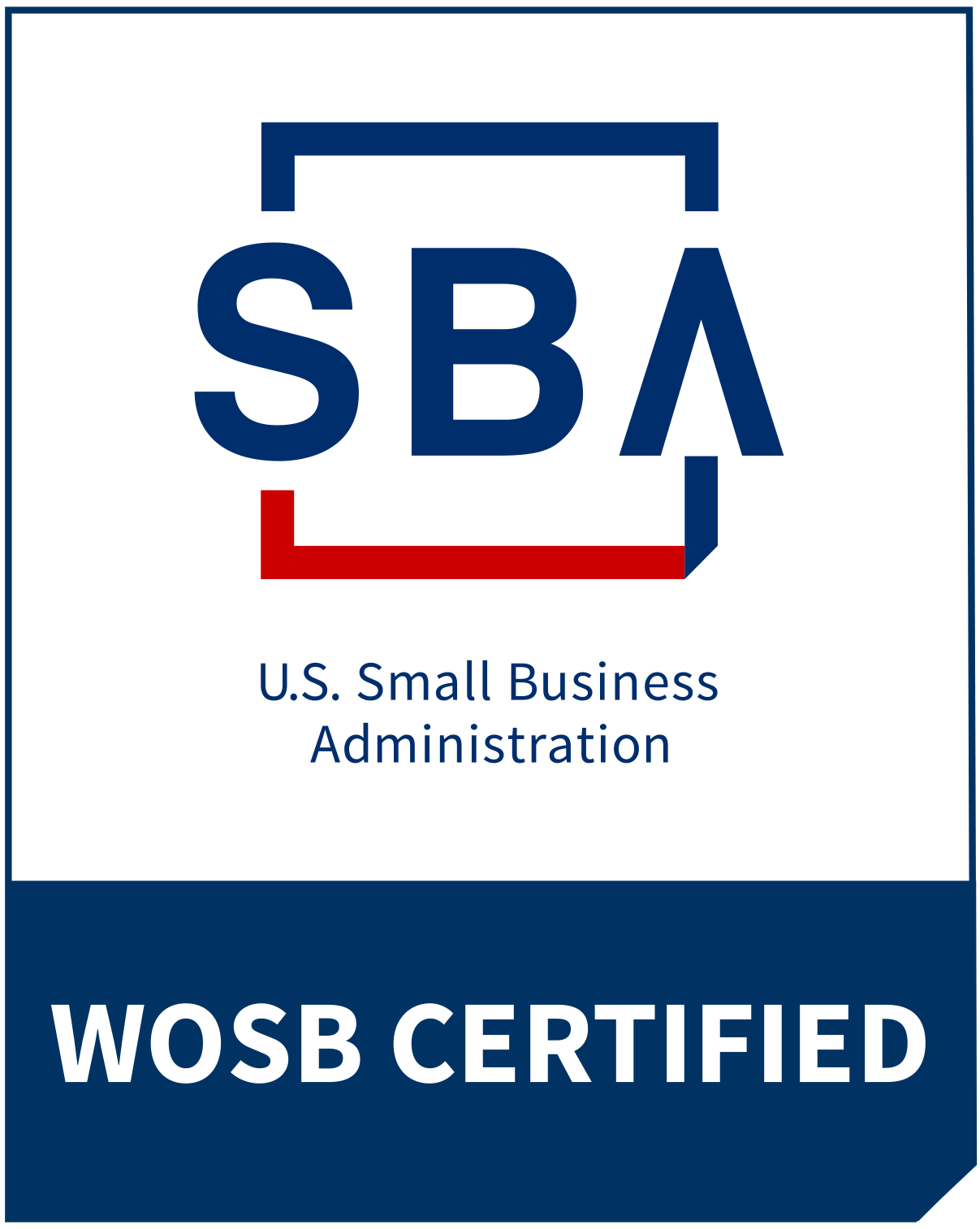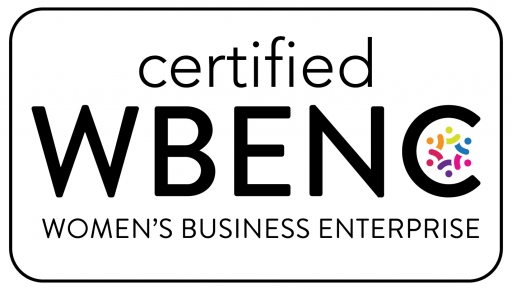Impressed. That’s how I felt walking away from the class I guest lectured at last night, a group of creative and engaged Xavier Social Media Marketing Students with a professor, Matthew Dooley, who gets it about making sure his students connect and apply what they’re doing to the real-world.
Here’s a quick recap: Matthew’s challenge to his 31 students was, as a class, to plan, promote and execute an event that leverages social media tools and best practices to attract a minimum of 100 attendees. He wanted them to dream big and get creative on the nature of their event. He asked me to help the class to go from a broad challenge to specific ideas they could choose to move forward with, in one class period, with the students learning the basics of a great innovation & ideation process along the way.
I taught from our “Immersive Idea Development Process.” Here’s a re-cap of the key lessons the students learned:
1. Clarify. A large, generalized problem or opportunity is really hard to solve for. Clarify the challenge you’re trying to solve for at the right level.
2. Collect. First, collect consumer/customer needs. To do this, don’t just sit in the classroom or your office, go out and observe & talk to people in their natural environments. Really understand the problem(s) you’re trying to solve for, and the context of that problem in their overall lives. Then, look for “possibilities” — technology, tools, products and/or services that you might assemble into a new solution. To find these, don’t just sit and wait to be inspired, go out and look for ideas via networking with thought leaders, attending conferences, reading blogs, etc.
3. Connect. Leverage analogs from other business models and industries along with needs and possibilities you’ve collected to form ideas.
4. Create. It’s not enough to just come up with one-sentence ideas. Ideas turn into business models when we bring them to life by capturing answers to “what needs to be true” to make them work. “Pitching” their solutions (a la ‘Shark Tank’) to each other enabled feedback and optimization of each solution the students came up with.
With a focus on less teaching, more doing, the students applied what they learned to their class assignment after each information module, with 5 groups of 6 students each coming up with:
1. A clear articulation of the problem they were trying to solve.
2. 30 event ideas in ~30 minutes that could solve for their challenge, leveraging research and analogs.
3. Picking the best idea, they built initial “what has to be true” cases/models for their team’s best idea.
4. And they pitched their ideas to each other and to Matthew and I — the winners vying for Starbucks gift cards.
Take-aways:
- The students trusted the process, were engaged and really delivered…far exceeding my expectations.
- They created 5 clear problem statements, 150 ideas, 5 models & 5 energetic pitches in 150 minutes.
- They faced challenges head on when things felt ambiguous.
- They learned a process they can apply in future roles and with future clients.
“My students were taught exactly how to take a very broad assignment and break it down into a specific opportunity. The steps they took along the way – from problem definition and target identification to research and idea generation – will be invaluable for them…not just in completing their class project, but for creative problem-solving in whatever career path they choose. It was tremendous to witness the evolution of each team and their unique solutions, in such a short amount of time.”
– Matthew Dooley, Social Media Marketing Professor at Xavier University, founder of Dooley Media and Cofounder of Kapture.
The Garage Group brings entrepreneurial approaches to discovering insights and building new product, service & marketing ideas.












